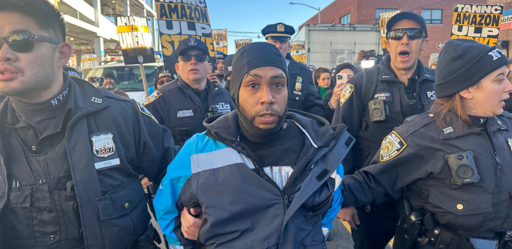- cross-posted to:
- unions@lemmy.ml
- iwwunion@lemmy.ml
- cross-posted to:
- unions@lemmy.ml
- iwwunion@lemmy.ml
Fines shouldn’t be capped.
There’s an argument that if the fine is ‘too high’, then it causes wonky behavior towards liability - facing a $100M fine, Organisations have a massive incentive to deny any knowledge of it and be unwilling to take preventative measures. To be fair, I’m talking about city councils here, who (at least notionally) already have a motivation to treat their locals well. It might not translate well to corporations.
I’m not saying fines should be capped, I’m saying it’s a tradeoff that is sometimes not worth it.
You raise a great point.
Capped implies a “no matter how bad, it will only cost X”.
Infinitely high fines implies “murder everyone, no one must know what happened”.
Fines with multipliers for badness, as we do in the criminal code (maybe this is an argument against), implies “yes, this is bad. It will get far worse”.
OTOH, there are other options.
-
charge company leadership with crimes for violations.
-
a corporate death penalty
Etc
I’m not sure corporations as we know them should even exist.
At this point I would say I am 99% sure they shouldn’t. They are basically all the things that AGI scaremongers always warn us about when they talk of systems influencing society with a completely inhuman decision-making process only without the computer part.
-
I’m with you on this, but the title is no good. Putting the colon like that implies that Amazon admitted as much.


